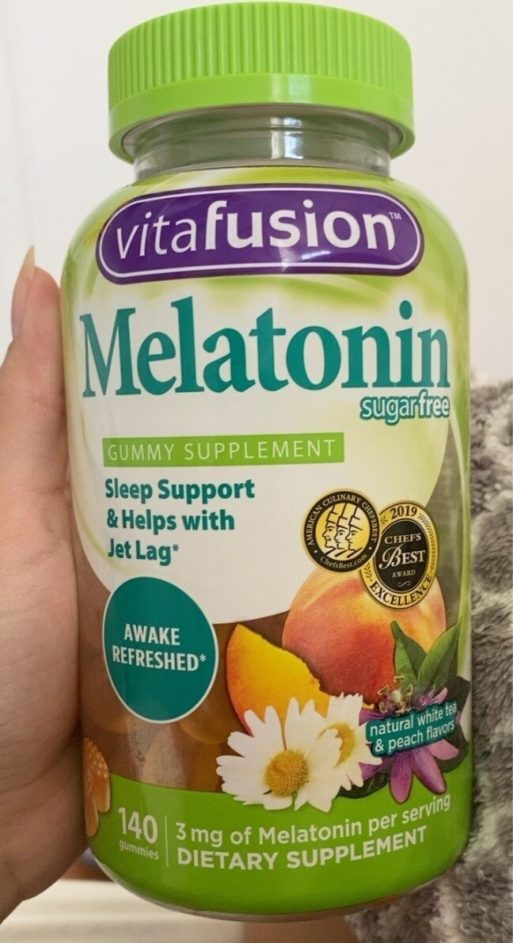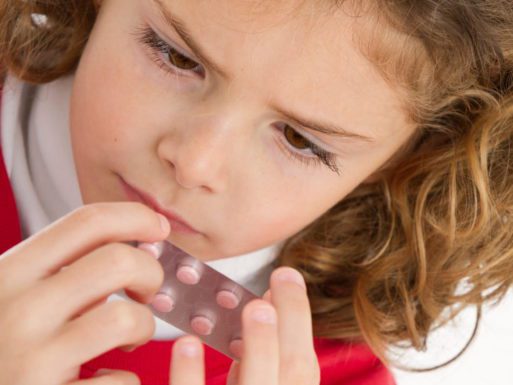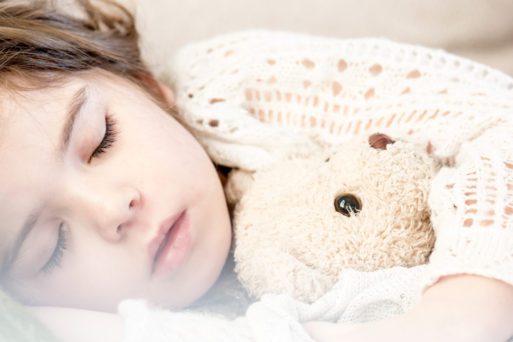
Credit: world.openfoodfacts.org
A new report from the U.S. Centers of Disease Control and Prevention highlights a worrisome increase in pediatric melatonin ingestion. Between 2012 and 2020, the number of accidental ingestions of the over-the-counter sleep aid reported to the American Association of Poison Control Centers’ National Poison Data System increased 530%, from 8,337 in 2012 to 52, 563 in 2021 according to a JAMA report. Most of these were accidental, and the vast majority of children were monitored at home and had no adverse effects. However, a significant minority (14.7% or 4,097 children) were hospitalized, and 287 required intensive care. Additionally, five children required mechanical ventilation and two children, both under the age of 2, died.
A large spike in accidental melatonin ingestion was also noted between 2109 and 2021. According to the CDC report, the increase of almost 40% was most likely due to COVID-19 lock-downs that kept more children at home, where their exposure to medicines and supplements increased. The researchers also surmise that sleep disturbances, both in children and adults, were more frequent and more pronounced during the lock-downs, leading to increased melatonin use.
Notably, melatonin use had been on the rise in the U.S. long before the lock-downs. According to Statista, melatonin sales skyrocketed from $286 million to $821 million in the four years between 2016 and 2020. During the same period, melatonin supplements, typically in brightly colored gummy form, were increasingly marketed as a “safe, drug free” sleep aid for children as young as 3.
Safe, But How Safe?
Melatonin has been marketed as a safe and effective sleep aid for decades, and its use has been increasing as more consumers have come to view it as a natural alternative to prescription and over-the-counter sleeping pills. However, as SevenPonds reported in February, many consumers are using higher than average doses of melatonin over long periods of time. And since melatonin is considered a dietary supplement rather than a drug, it is very loosely regulated by the FDA. As a result, there is virtually no reliable data available on what constitutes a “safe” dose. Perhaps more importantly, according to the National Center for Complementary and Integrative Health, there is insufficient scientific evidence available to recommend melatonin for chronic insomnia at all.

Children are naturally curious, so keep all medications and supplement safely out of reach.
Credit: poison.org
More concerning for the safety of young people, however, is the wide variability in what is in the melatonin U.S. consumers buy. According to a study published in the Journal of Sleep Medicine in 2017, researchers looked at the contents of 31 brands of melatonin purchased at pharmacies across the U.S. and found that the amount of melatonin in the products varied by between -83% to +478% from what was listed on the label. Additionally, 26% of the products contained serotonin, which can interact with other medications, including some antidepressants, anti-Parkinson drugs, drugs of abuse such as cocaine and methamphetamine, and the over-the-counter cough suppressant dextromethorphan. Such interactions can lead to a condition called serotonin syndrome, which can lead to very high fevers, seizures and even death. This potential is of particular concern in teens, who are more likely to experiment with illicit drugs or take multiple medicines in a suicide attempt.
Preventing Melatonin Ingestion in Kids
Although the rise in pediatric melatonin ingestion pales in comparison to the loss of young lives to the opioid epidemic and firearms, a 500% increase of pediatric ingestions of any potentially toxic substance is cause for concern. And as more and more Americans turn to pills to cure their sleep woes, the potential for more harm and more deaths is very real.
According to Boston Children’s Hospital, melatonin should not be given to children routinely to “help them get a good night’s sleep.” Nor should it be given to any child except on the advice of a healthcare provider and in conjunction with a structured behavioral approach (e.g., regular sleep and wake times and a regular bedtime routine). And, of course, if you do give your child melatonin, give them only the dose recommended by your provider, and discontinue it as soon as you can. Because melatonin is a hormone, there is some concern that long-term use can disrupt puberty-related hormones, although there is little evidence of this at this time.

Healthy young children typically do not need sleep aids.
Additionally, in order to help prevent accidental melatonin ingestion, follow these tips from Safe Kids Worldwide
~Always store medications and supplements out of sight in a tall cabinet that a young child can’t reach. To discourage curious toddlers and preschoolers (who can be very determined when they want to be) keep the medicine cabinet locked.
~Don’t keep medicines or supplements in your purse or briefcase. If you absolutely must carry medicine with you, store your purse on a high shelf when you’re at home. Don’t leave any medication or supplements in a nightstand or on the kitchen counter, not even vitamins.
~Give young children medicine using a syringe versus a spoon.
~Never refer to medicine as candy.
~Keep the number for the poison control center on your phone and in a highly visible place in your home. The number for the National Poison Control Center is 800-222-1222.

 Melatonin Ingestion Soaring Among Children, CDC Reports
Melatonin Ingestion Soaring Among Children, CDC Reports


 National Donate Life Month Reminds Us To Give
National Donate Life Month Reminds Us To Give
 How Dare You Die Now!
How Dare You Die Now!















